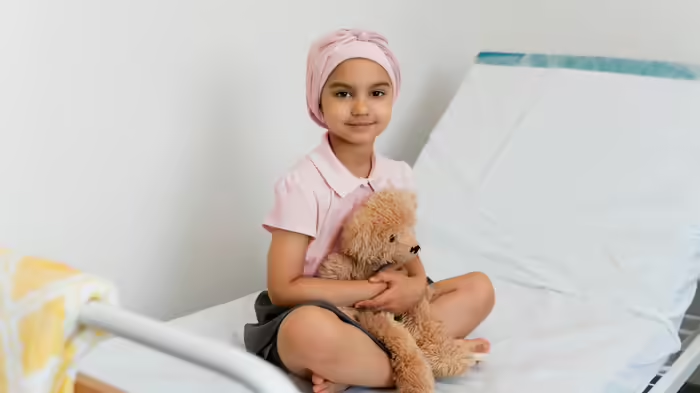
Understanding childhood cancer is crucial for parents, yet myths and misconceptions continue to circulate, causing unnecessary fear and confusion. Clinical psychologist Ankita Gayen from Empower, The Center, Kolkata, sheds light on three prevalent myths parents should not believe.
Myth 1: Children with cancer are always sad or depressed
Many assume that children battling cancer are constantly unhappy or depressed. While some children may feel sadness or anxiety during treatment, every child responds differently. Some remain positive and resilient, especially when they receive consistent support from doctors, family, and friends.
Myth 2: Parents should hide the diagnosis from their child
There is a common belief that children should be shielded from their cancer diagnosis to protect them emotionally. Experts advise that age-appropriate communication is essential. Explaining the situation transparently helps children understand their condition, reduces unnecessary stress, and builds trust between the child and family.
Myth 3: Children who survive cancer need excessive pampering or special treatment
It is often thought that children who have recovered from cancer require extra indulgence or overprotection. Clinical psychologist Ankita Gayen warns that over-pampering can hinder emotional and moral development. Children may develop a sense of dependency or believe that illness excuses them from responsibilities. Normal boundaries and expectations should be maintained to support healthy growth.
The Truth About Emotional Challenges
Another misconception is that children face no emotional challenges once treatment ends. Survivors may continue to experience anxiety, fear of relapse, discomfort with their body, or difficulty reintegrating into school and social life. They may also feel guilt if peers are still undergoing treatment.
Support Is Ongoing
Parents should recognize that emotional recovery can take longer than physical recovery. Continuous psychological and social support after treatment is essential for helping children regain confidence, resilience, and a sense of normalcy.
Discover more from SD NEWS agency
Subscribe to get the latest posts sent to your email.